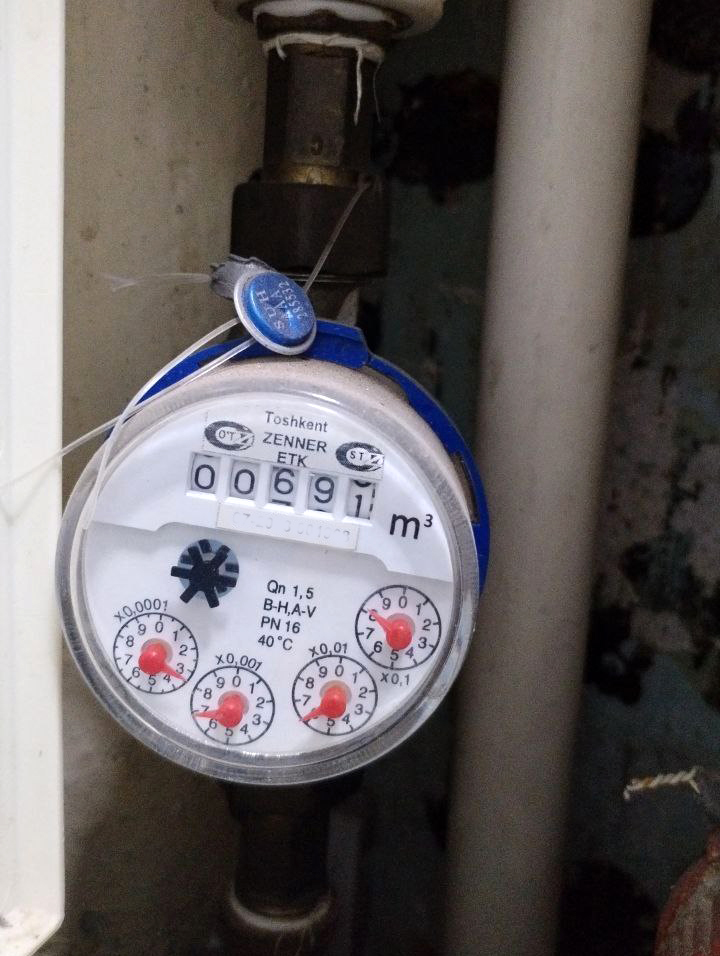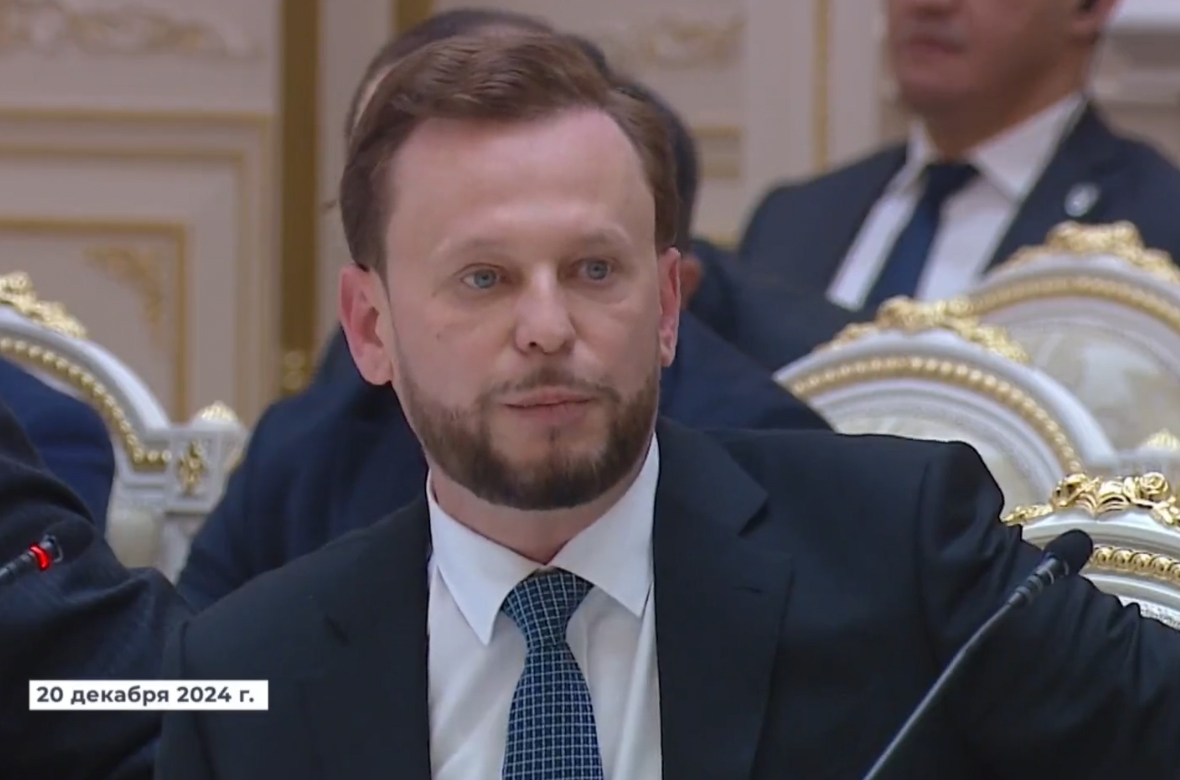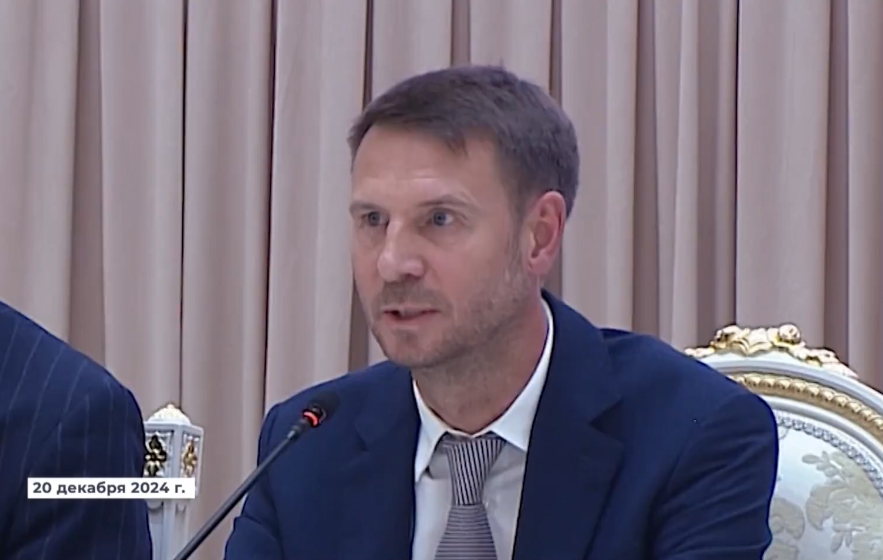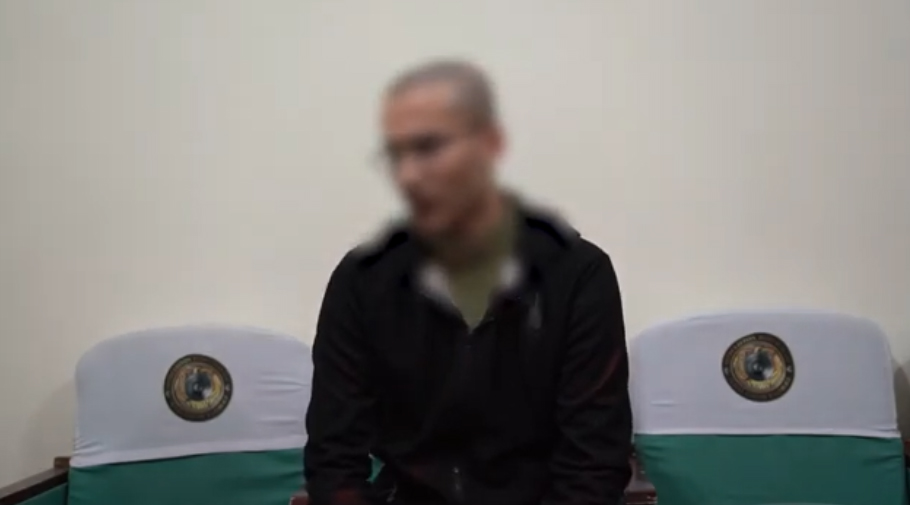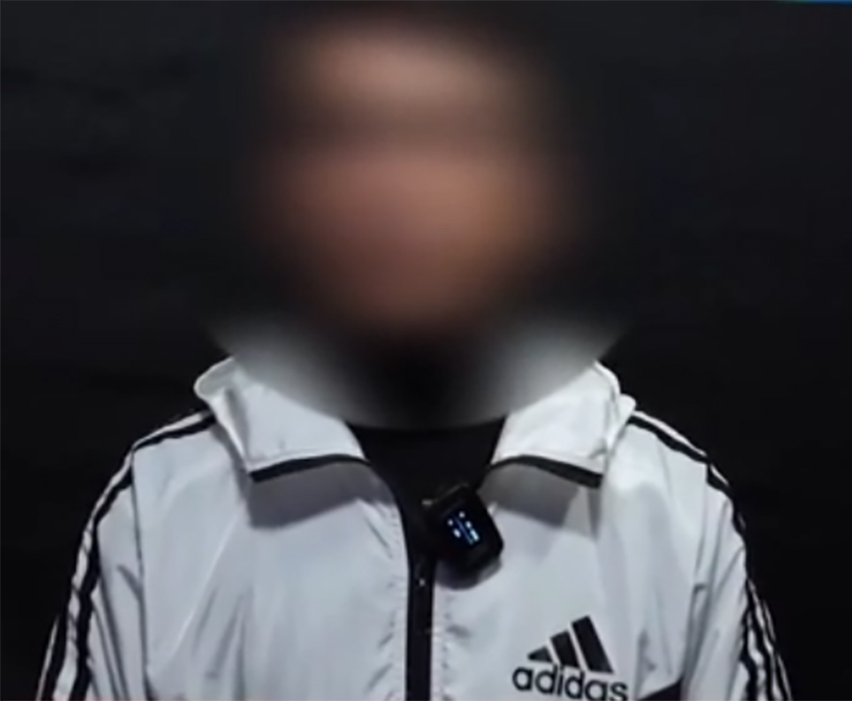This article is also available in:
Русский (Russian)
Uzbek
Starting December 1, residents of Uzbekistan will only be able to pay for cold water through online services, as cash collection by inspectors will be discontinued. This measure, according to “Uzsuvtaminot,” aims to prevent corruption and fraud by employees who misappropriate cash payments from the public. However, the question remains: will this shift truly solve the problem, or will it bring new challenges for the population?
The impetus for this decision was a recent scandal in the Khorezm region, where inspectors in five districts collected money for drinking water but never transferred it to “Uzsuvtaminot.” Instead, they embezzled over 380 million soms for personal use. But can the new payment format truly address this issue?
It’s important to remember that corruption stems not only from handling cash but also from weak control systems. Even if all payments are moved online, the risk of abuse remains, as there will still be employees responsible for managing and recording payments. As experience shows, corruption thrives where there is insufficient oversight and lax enforcement measures.
Thus, it is possible that embezzlement issues could continue in an online format if control remains superficial and ineffective. Furthermore, in cases of technical failures or errors—which occur even in the most advanced systems—there is a risk of incorrect billing or loss of payment data.
The question of whether online payments are accessible to all segments of the population also remains open. Not everyone in Uzbekistan has the ability to pay for services via the internet. This is especially true for rural and elderly residents, for whom digital transactions can be a challenge. For many of them, using electronic applications is unfamiliar and complicated. A sudden transition to online-only payments could deprive such people of their usual way of paying and create difficulties that require additional time and resources to resolve.
The best approach to reducing corruption is not only to move away from cash payments but also to build a system where residents can easily track their payments and see where their money is going. This could involve developing digital services that allow residents to view specifically how funds paid for utilities are being used.
Introducing online payments is an important step, but it should be backed by accessibility and transparency, along with education and support for the population—especially for those who, for various reasons, may struggle with digital technologies.
The article may contain inaccuracies as it is translated by AI. For more details, please refer to the Russian version of the article. If you notice any inaccuracies, you can send corrections via the Telegram bot: Uzvaibik_bot.




